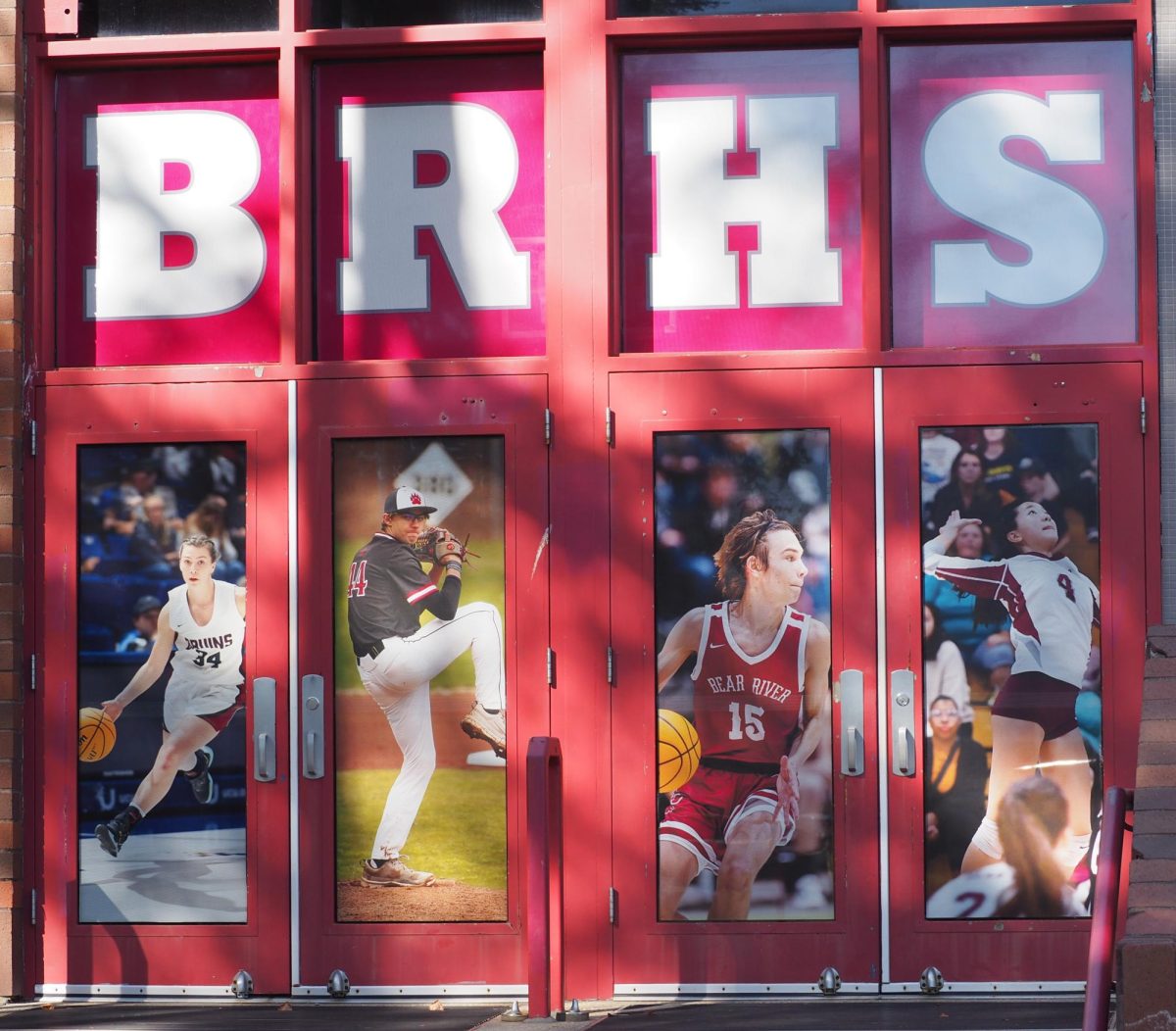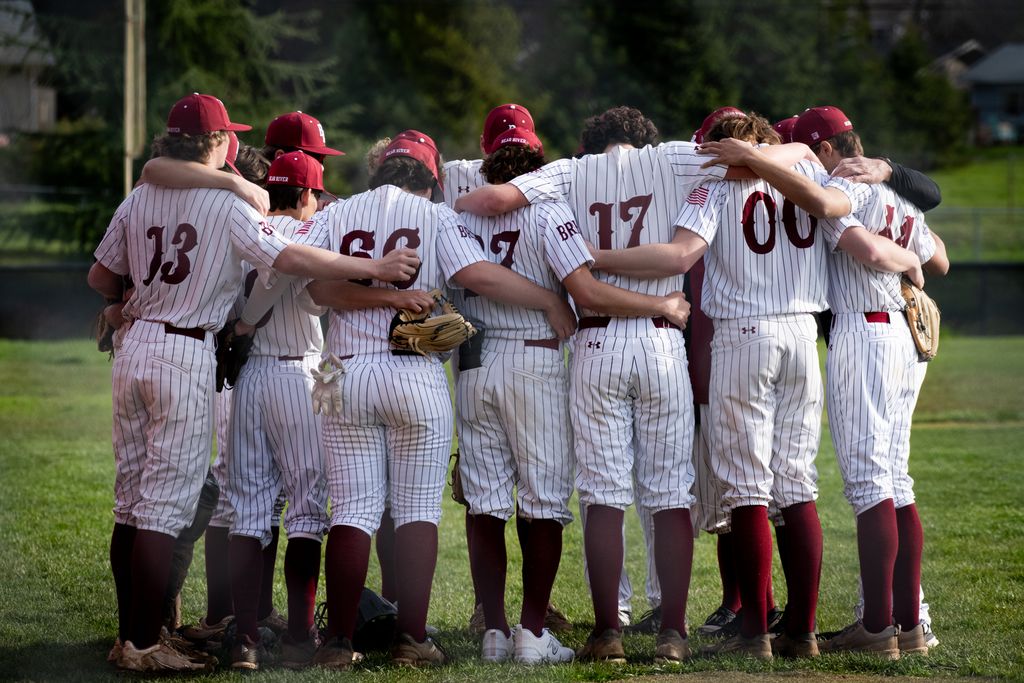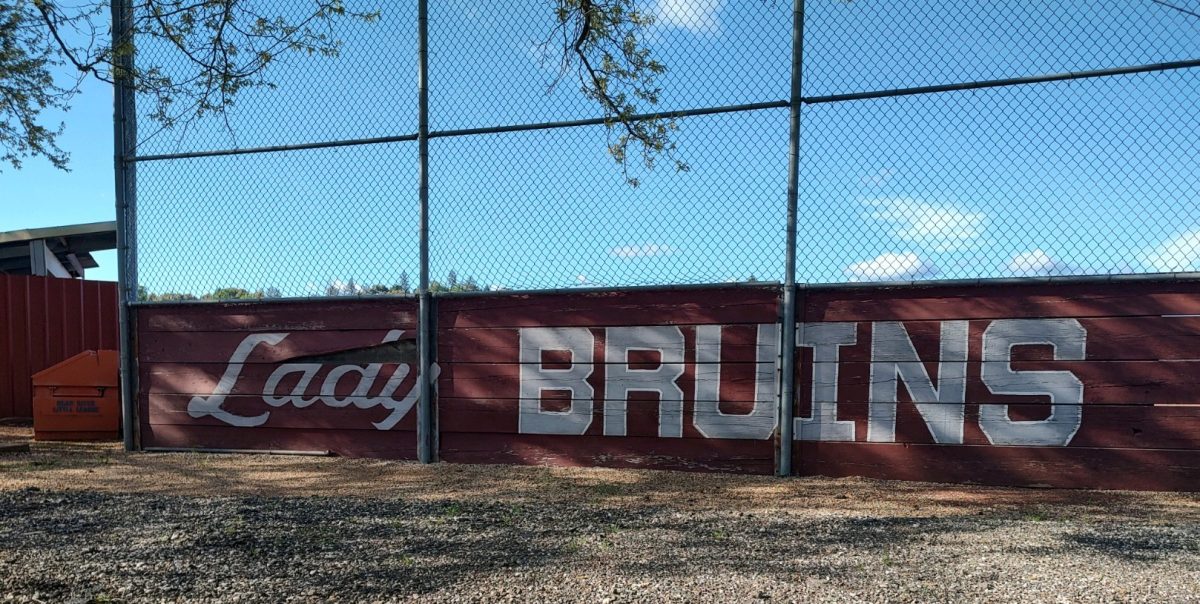Through the internet, our generation is exposed to many more tools, sources of knowledge, and connectivity than previous generations. In fact, Common Sense Media reported that the average American teenager spends a surprising 9 hours a day on media, which is becoming increasingly synonymous with spending time on the internet. A considerable part of that internet usage, especially among teenagers, is dedicated to social media. Most teens spend at least an hour or two on apps like Snapchat and Instagram. In moderation, this can be a great thing, enabling people to communicate with family and friends, but too often is this connectivity harmful instead of helpful.
Pew Research Center released a study that revealed that 31% of teenagers think of social media as having a generally positive effect, while 24% believe that it mostly affects people negatively, with the rest being ambivalent towards the issue. While social media can be positive, it can also lead to bullying, rumors, a lack of person to person contact, and a plethora of other issues.
Social media hurts many students’ grades. It is often a distraction in class, despite the rules prohibiting phone use, and it consumes students’ time that they otherwise would have spent studying or doing homework. Many at Bear River realize that social media prevents students from doing better in school.
“Sometimes they (students) don’t do their work because they’re always on social media … and they get bad grades,” said Sophomore Matthew Sandstedt.
Its effects stretch beyond just academics. Computers in Human Behaviour reported that those who use 7-11 social media platforms were three times as likely to have high levels of anxiety and depression than those who used 0-2.
School psychologist Vicky Stanton has seen this firsthand. “There appears to be a much greater frequency of anxiety and depression, especially anxiety,” said Stanton. “The immediacy [of social media] has led to an expectation that, in whatever situation, you can get a response right now, and if you don’t, the sky will fall.”
That’s just one of the many theories behind why social media affects teenagers’ mental health in such a way. Another theory is the ever present threat of cyberbullying, which students at Bear River are not alien to.
“I have had friends, on Instagram for example, if they post a picture, I’ve seen people comment really mean things … I think it is a problem because it’s tearing people down,” said Junior Alayna Fassler.
Social media also leads to people comparing themselves to misrepresentative images of what people actually are. These false portrayals of people often seem to always be having fun, to have many friends, and to be constantly happy. Senior Ethan Schrack explained this well.
“You see a lot of people that only show the good in their lives,” he said. “Everything seems perfect, so a lot of people can get a wrong impression that their life just sucks because it’s not perfect like they see on social media.”
Use of social media also exacerbates teenagers’ need to look good to their peers, and can make people hyperfixate on what the world thinks of them, favoring likes and followers over real friendships. This can be very harmful, and can contribute to problems like depression and anxiety.
Junior Zoey Moody said that people “[Care] a little bit more about how they look or how other people look at them.”
Social media also can take the place of more meaningful ways to spend time, and students no longer can truly take a break. Instead, they continue to be stimulated by social media instead of pausing from the barrage of stimuli to look at the world around them. They no longer have to create entertainment for themselves, because it’s just handed to them in the form of a torrent of skeptically accurate information, images, and videos at a rate never before seen.
“I’ve seen a lack of downtime for today’s students,” said school psychologist Vicky Stanton. “Even when they are ‘relaxing,’ the phone is right there and they are typically pulled into social media, which is not relaxing. Today’s students are always ‘on’ and it isn’t good for anyone, especially those with brains that are still developing. When I was young, I had to use my creativity to find something to do, or else I just did nothing for a bit, which was kind of nice!”
Social media can also be very addictive, and most students report spending at least a couple hours every day on it. 45% of teens told Pew researchers that they’re online “almost constantly.”
Junior Caleb Lowry said, “Some people are pretty addicted to it.”
Social media can be a positive thing, but it has been linked with depression, anxiety, and a host of other problems. It must be used in moderation, or a price will have to be paid.



































